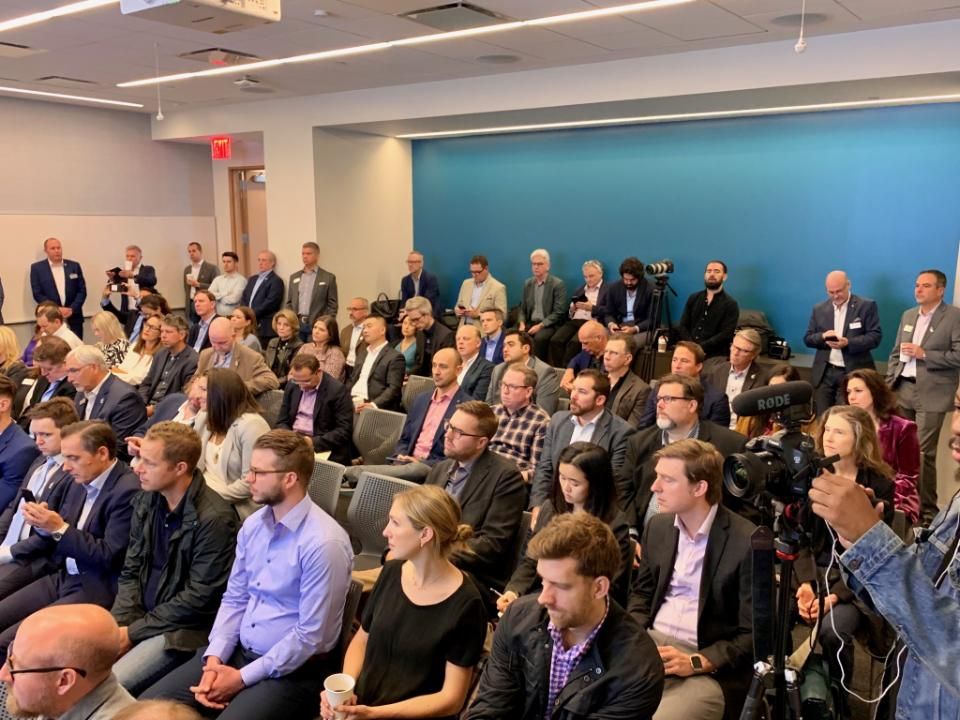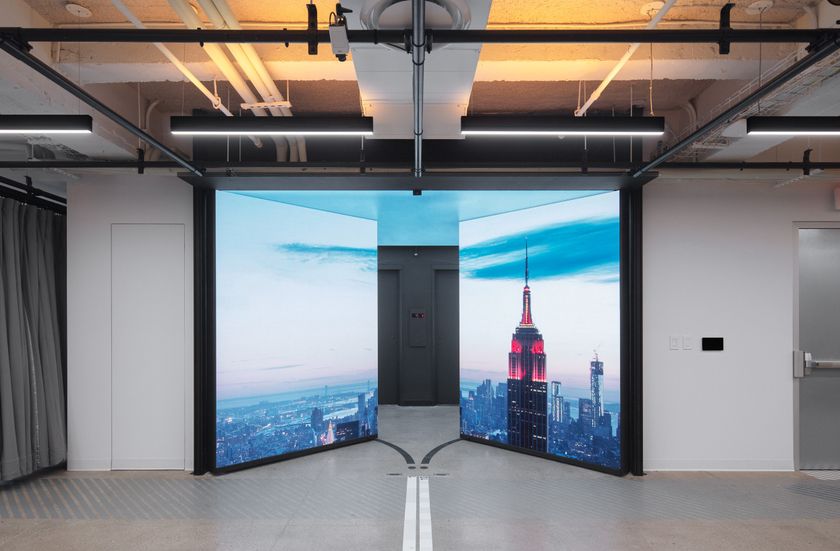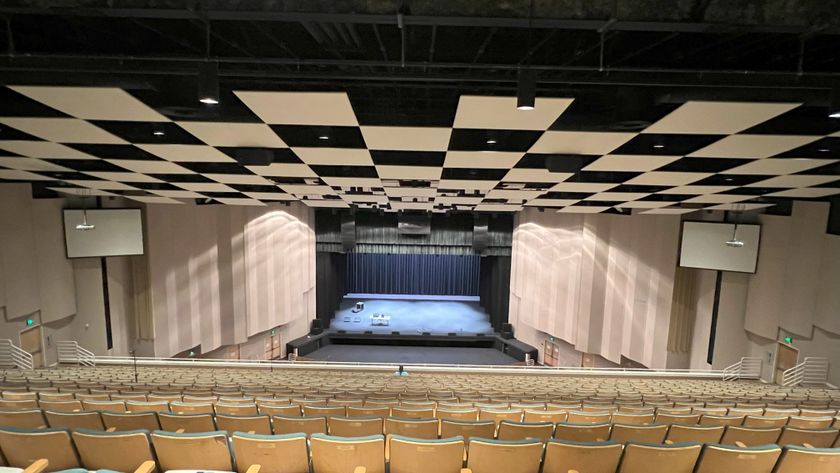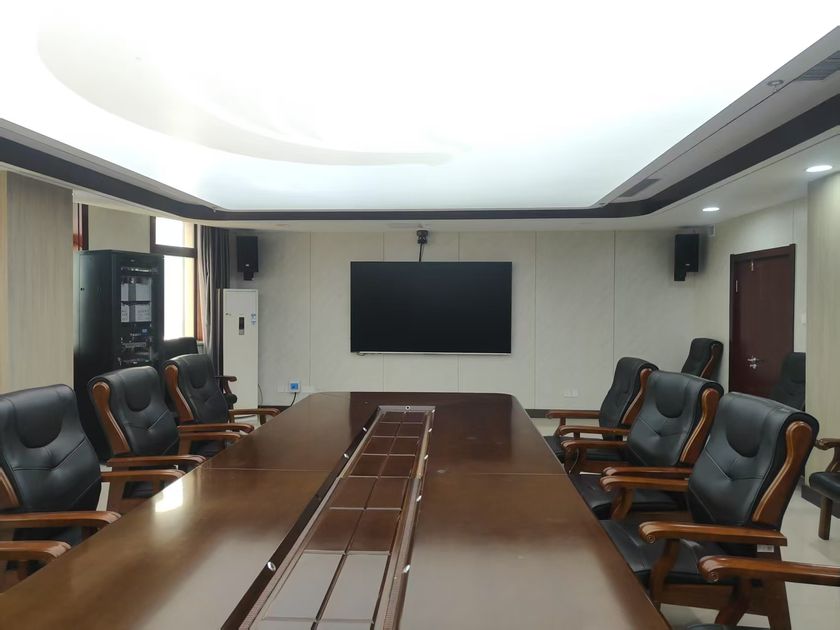On Tuesday morning, digital signage professionals gathered at Microsoft's Technology Center for the Digital Signage Federation's annual Coffee & Controversy event during New York Digital Signage Week 2019.
After breakfast and coffee, the controversy began as a panel of experts, moderated by 16:9's Dave Haynes, discussed analytics and digital signage. "Every year we do this event and try to frame it around the idea of 'What's a controversial subject?' And I think this year we've got a really apropos one," said Haynes. "Analytics have been here for a long, long time—probably 15 or 20 years—and through all that time, there's been a fair amount of controversy around what's all involved with it and what's it doing."
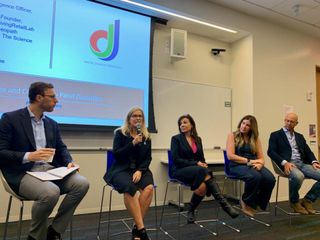
After Haynes' introduction, the panel dove right into the nitty gritty of data privacy and ROI in digital signage.
"At some point in time, we all got really obsessed with data and sometimes we get obsessed with the data points just for the data," said panelist Kym Frank, president of Geopath, "Now we're reaping what we sewed. They're going to change the laws in every state and we're going to have to figure out how to make the things we built compliant [with privacy laws] in different states."
[Big Data: Analytics Shape the Business of AV Integration]
Frank, who advocated for single U.S. standard on data privacy, called for AV professionals to get ahead of the trend and lead the charge on privacy policies. "We don't want Facebook and Google to be the ones who are lobbying for these things because they've already kind of 'stepped in it' so it's a little late for that." she said.
Because of Facebook and Google's privacy gaffes, the digital signage industry is guilty by association, Frank claimed. She then provided an example of consumers getting upset about sensor technology because the sensors contain cameras and they are worried about being photographed; in reality, the sensor isn't looking for pictures, it's looking at gazes. "I don't even know if people know what they're upset about. But the story was told on our behalf. We didn't tell the story. We have to be responsible and clean up the stories that are being told about us, and it's really hard because we're late to the game on that."
[Did you create an innovative digital signage product? Enter the 2020 DIGI Awards.]
Amy Avery, chief intelligence officer, Droga5, added that part of the problem is that the industry hasn't educated people on how the technologies work. "We haven't explained to people enough how data is collected and how it helps people," she mused. She recommended speaking about the positive benefits of technologies like facial detection, such as connecting people with others like them, building communities, and building products.
"We wanted to be so secretive about it [data gathering technology] so that people didn't realize we understood them so well," she said. "But the secrecy of how much we are invested in understanding people has hurt us."
"Technology has been its own worst enemy," added Jeremy Bergstein, CEO, The Science Project. "If I could make one recommendation, it's just keeping it simple. Be very clear with customers on what the device is there for and how it's delivering better product, better pricing, better messaging."
Dylan Gilbert, policy fellow, PublicKnowledge, pointed to an article by the Pew Research Center that found only 36 percent of the public trusted technology companies.
"There's been a significant erosion of trust, regardless of the level of best practices, and so there needs to be strong efforts that are made to regain that trust," he said. "Part of it is going to be [gained] by doing the right thing and part of it is going to be [gained] doing more education and outreach."
[Have an award-worthy digital signage installation? Enter the 2020 DIGI Awards.]
A lot of companies are using analytics, particularly in retail, but hardly any of them are willing to speak publicly about it. Why? They're afraid of the controversy it could bring them.
Laura Davis-Taylor, co-founder, High Street Collective and LivingRetailLab, pointed to a proposed class action lawsuit where shoppers in Illinois claimed Home Depot's facial recognition security cameras overstepped a state privacy law.
"When you dig into the story, they're not [doing facial recognition], they're doing detection," she emphasized. "We're stuck in a quagmire on ROI if we can't do any behavioral analytics because we don't know what's going to connect with people."
"We are so used to being screwed over by all these tech companies—nobody's protecting the data, nobody's being responsible," concluded Frank. "The technology is moving so fast that the regulations can't keep up with it, and the news can't keep up with it. It's like this crazy Wild, Wild West out there right now."
